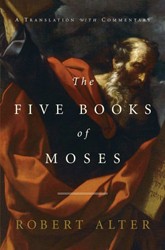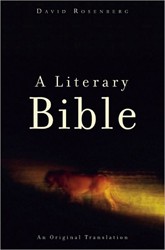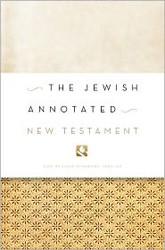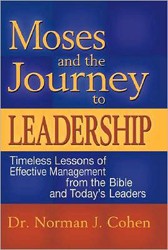In the appendix to his provocative new study of Deuteronomy, Micah Goodman writes of “Deuteronomy’s great paradox. It is a book with a human voice that merited inclusion in a divine work.” These words encapsulate the daring nature of Goodman’s insightful book.
Traditional approaches to the Tanakh, from the earliest commentators to now, tend to harmonize discrepancies between the different books of the Bible. Goodman, however, sees Deuteronomy charting a new path. He argues that Moses’s last words put forth two revolutionary ideas: a divorce of religion from political power, and a concomitant political power that accepts limitations.
Goodman shows that, in Deuteronomy, Moses tries to limit ritual activity, the actions of the priestly class, and the temple itself. He believes that divinity exists outside the temple, in direct relationship to the people themselves — hence the need for people to become holy on their own terms.
Moses’s other revolutionary idea is that leadership cannot be absolute. Pharaoh is an example of the corruptness of absolute power. Moses and Joshua, his successor, are models of good leadership, ruling the people with advisors who recognize their limitations under God’s ultimate direction. Goodman argues that Deuteronomy calls for a kind of early version of the separation of powers, a limited monarchy.
Moses’s last words are a prescription and a warning, and Goodman sees the fraught history of kingship as emblematic of leaders not living up to these two revolutionary ideals. That idolatry grew during Solomon’s more absolutist reign is case in point. Goodman also notes the similarities between Solomon and Pharaoh, a linkage that goes as far back as midrash.
On one level, Moses’s revolutions fail. The people fall to idolatry. Kings grow more absolute in their power, and ultimately the kingdoms collapse, leading to the first diaspora. But on another level, Moses’s ideas live on in the text itself. In Goodman’s analysis, the ethical lessons of Deuteronomy inform the voices of the prophets and the oral Torah. Beyond that, the author proposes that Moses’s vision of limited rule influenced enlightenment thought and, ultimately, the separation of powers in democratic governments.
Not surprisingly, the final section of this ambitious study deals with Zionism and Israel. Goodman writes that even the secular Zionists of Israel’s first two generations understood the Bible to be the central text of Israeli society. But he argues that the third generation has lost its familiarity with the Bible. This has led to a divorce in Israeli society, with the religious right claiming the Bible and with secular society generally indifferent to or dismissive of it. Goodman offers a salutary defense of the value of the biblical texts, not just as a “justification for sovereignty but [as] an appreciation of its dangers.”
The Last Words of Moses provides a deep reading of Deuteronomy. It’s an impassioned call for the ethical behavior of any governments at any time. Both Moses’s words and Goodman’s own could not be timelier.
Josh Hanft holds Advanced Degrees in English and Comparative Literature from Columbia University and curated the renowned reading series, Scribblers on the Roof, for over twenty years.





